For sustainable development in oil and gas-producing communities in the Niger Delta region, there is need for diligent implementation of the Host Community Development Trust Fund, and the promotion of gender equality and social inclusion.
This was espoused at a 2-day roundtable discussion organised by Kebetkache Women Development and Resource Centre in Rivers State with support from Ford Foundation, within the Build Project.
Join our WhatsApp ChannelThe Petroleum Industry Act (PIA), passed in 2021, created the Host Community Development Trust (HCDT), to help develop host communities affected by oil and gas extraction.
HCDT responsibilities include managing funds from oil companies to host communities for development projects, and encouraging peaceful coexistence.
The PIA requires oil companies to contribute 3% of their annual operating expenditure to the HCDT community for development projects.
The Build Project focuses on promoting Women’s participation in natural resource governance in the Niger Delta.
During the Roundtable Discussion held on 17 and 18 October 2024, Kebetkache Women Development and Resource Centre engaged with Members of the Host Community Development Trust from nine Local Government Areas in Rivers State, community leaders, community women leaders, municipal authorities and local government councillors to promote deeper understanding of the 3% operating cost, disbursements and implementation of HCDT and to also promote gender equality and social inclusion within the HCDT.
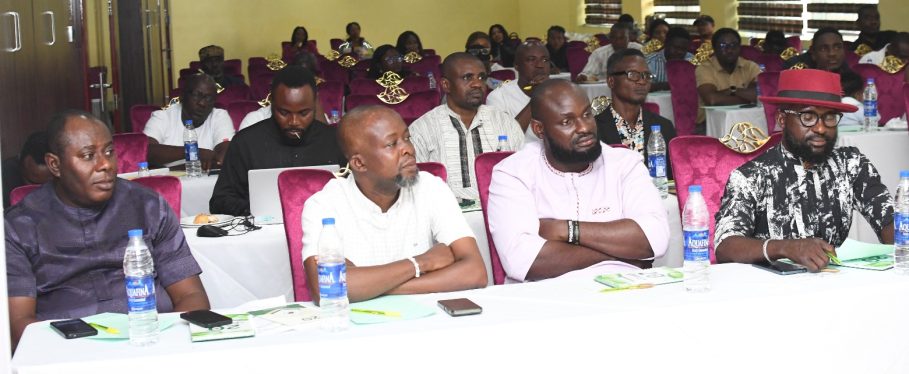
READ ALSO: Ford Foundation Calls For Strategic Diaspora Philanthropy To Promote Sustainable Africa
Speaking at the roundtable discussion, the Executive Director of Kebetkache Women Development & Resource Centre, Dr. Emem Okon, urged stakeholders to utilise the opportunities presented by the PIA through HCDT Provisions for community development. According to her, “Understanding the PIA and the Host Community Development scheme should create opportunities for local communities to participate in the oil governance process and ensure they benefit from it, by ensuring that projects executed improves the quality of life for the community members.”
Okon, who noted that there are concerns that the 3% allocation for host community development may be insufficient, however, stressed that PIA is a new law, and focus should be on effective implementation.
Okon also emphasised that the role of civil society organisations “is to facilitate cooperation between host communities, oil and gas companies, and the Nigerian Upstream Petroleum Regulatory Commission (NUPRC) to ensure the 3% is utilised for the benefit of the people.”
In his presentation, environmental activist, Dr. Tubodenyefa Zibima, called on HCDT members to prioritize Needs Assessment for community development and the proper utilization of the 3% fund.
Dr Zibima said: “Community needs assessment is a veritable first step to developing our communities. The PIA acknowledges this fact and provides for it as a veritable first step to defining the functionality of the HCDT.”
Emphasising the importance of needs assessment, Dr Zibima, who is also a lecturer at the Department of Political Science, Niger Delta University, said social, economic and environmental needs of any community can change. “In this regard, needs assessment exercises must respond to this change.”
During the programme, participants from different HCDT clusters had deliberations and came up with an implementable action plan for their communities, focusing on designing comprehensive strategies, and preparing a formal Community Needs Assessment document for effective implementation of the 3% OPEX.
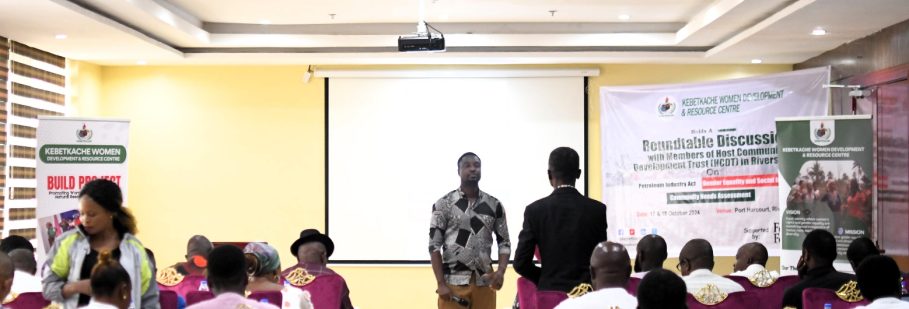
According to a statement by the organisers , the participants provided valuable insights into the HCDT activities, and also shared information that some clusters had already begun implementation and funds received. They also shared challenges faced with the supervising agencies and managers.
The centre noted that HCDT is an essential institutional tool for advancing fair benefit sharing and sustainable development in host communities affected by petroleum exploration and production. Its creation and operation are essential for increasing social cohesiveness, economic empowerment, and environmental stewardship in these communities, as well as for building strong linkages between oil and gas firms and host communities.
Gender equality, social inclusion and economic empowerment
The Centre noted that gender inequality poses significant challenges to women’s economic empowerment and sustainable development, especially in the Niger Delta host communities.
“Women in these regions often face systemic barriers such as limited access to education, exclusion from formal labor markets, and restricted ownership of land and resources. These issues are impaired by cultural norms and discriminatory practices that prevent women from fully participating in community governance and decision-making processes tied to oil revenue distribution.
“This gender inequality leads to the worsening poverty among women, spreads intergenerational poverty, and hinders the overall development of these communities. Sustainable development is impossible without the inclusion of women in economic and leadership roles.”
Victor Ezeja is a passionate journalist with seven years of experience writing on economy, politics and energy. He holds a Master's degree in Mass Communication.

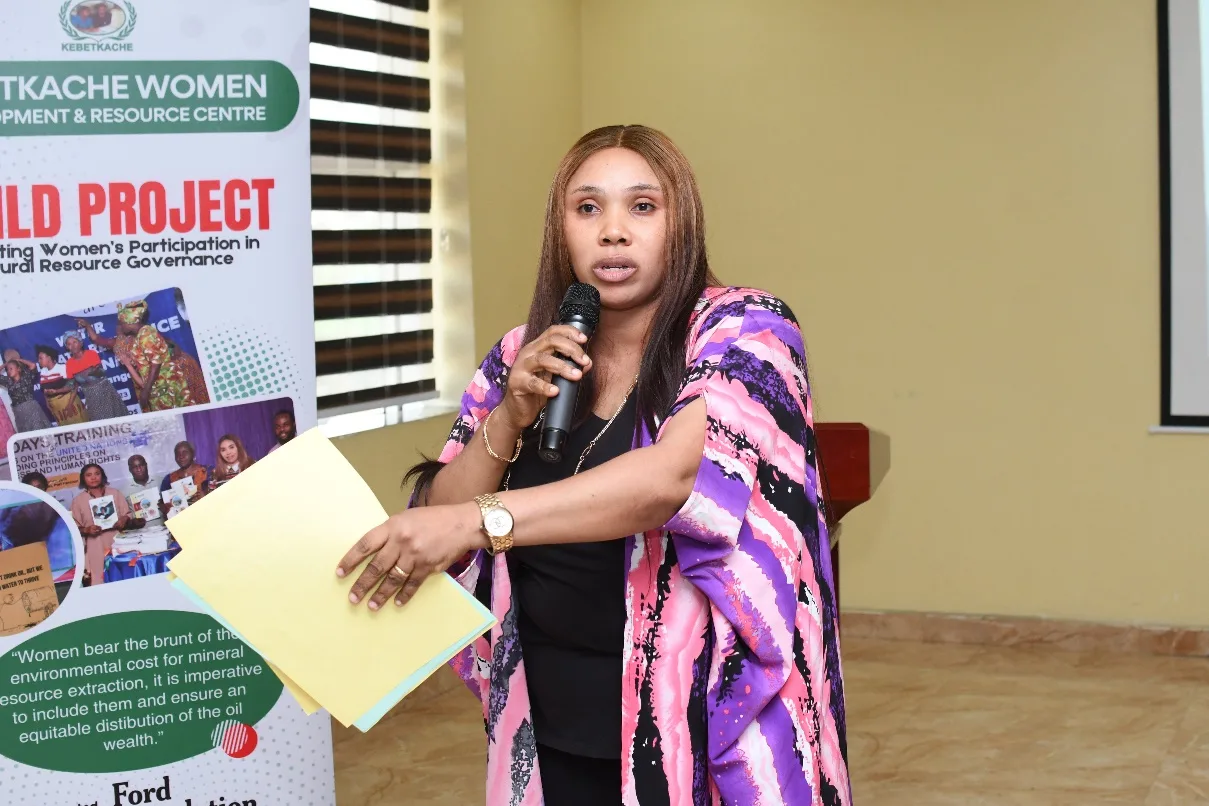



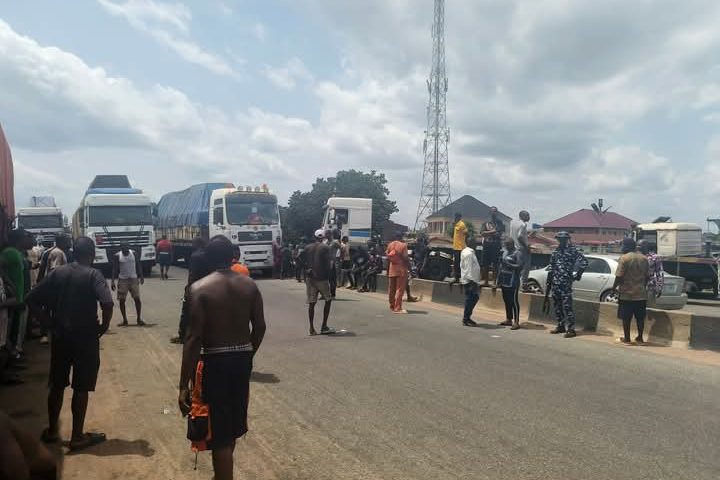

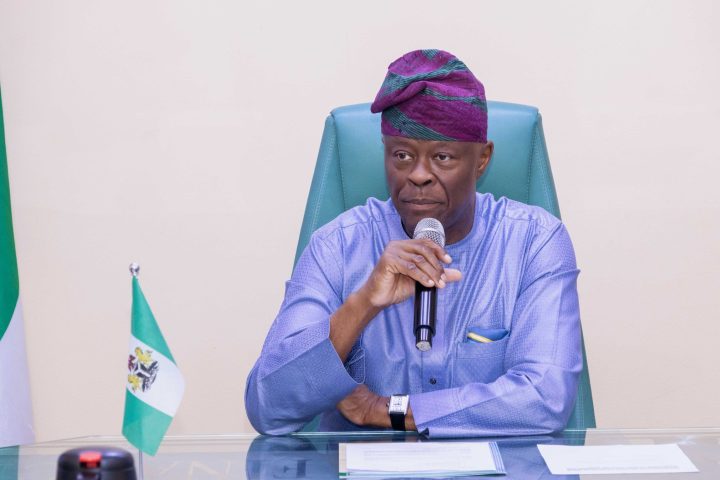








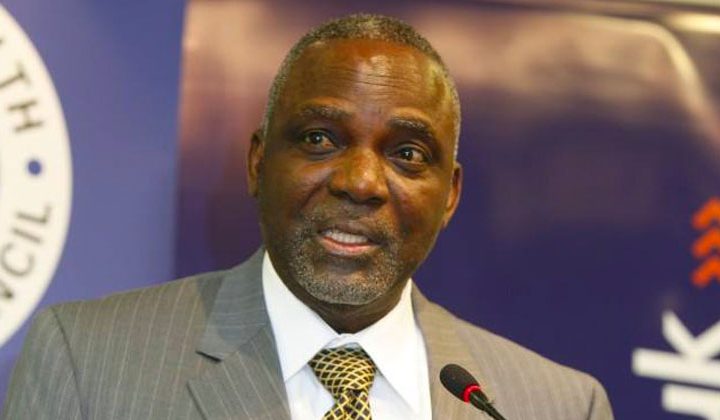


Follow Us